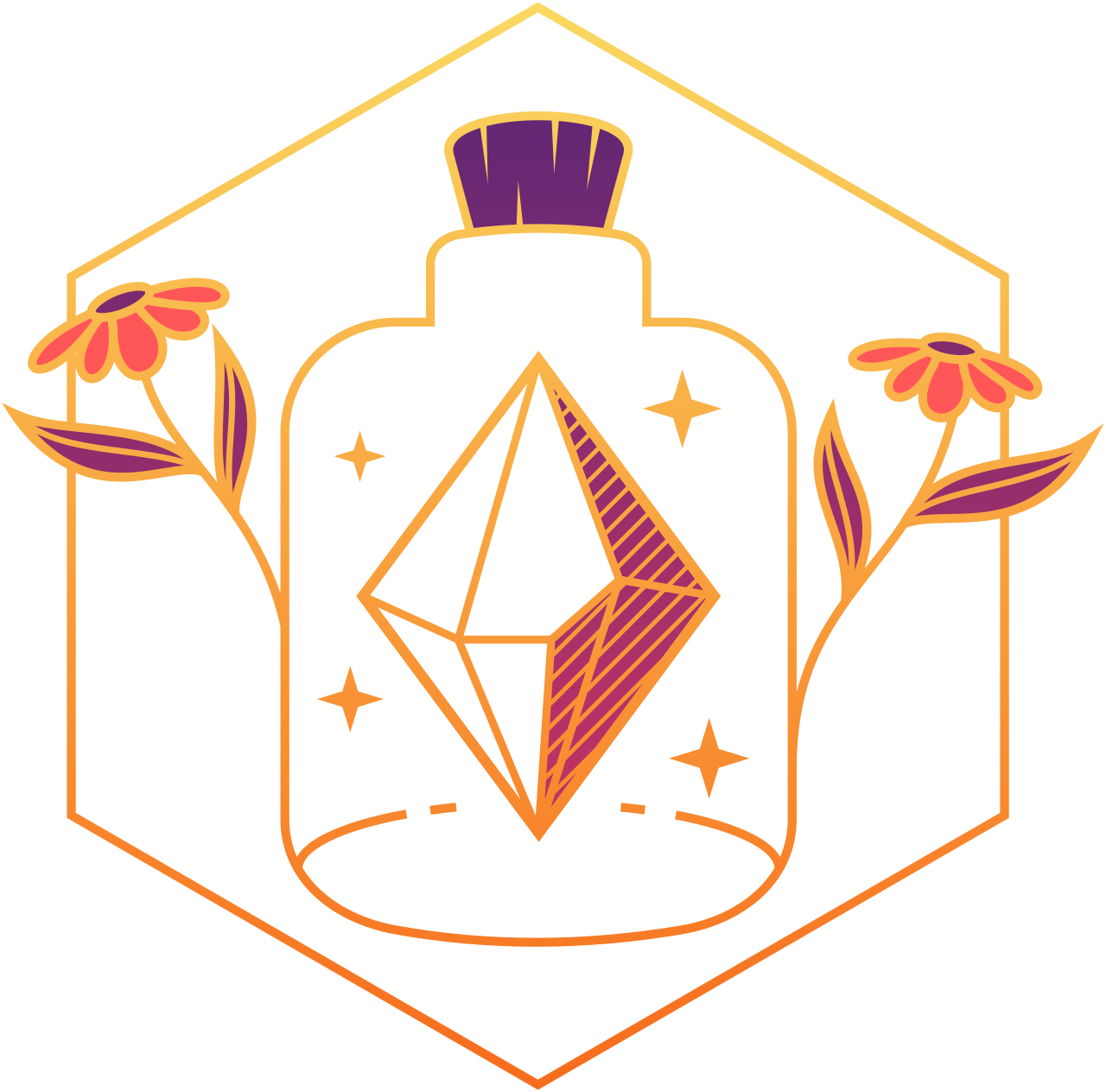$5.00
Oat tops are commonly used in tincturing; however, they can be added to bath and body blends as well as infused in teas.
Avena sativa, or the common oat, is a popular cereal grain that has been eaten for at least 3,000 years. Although this is one of the main uses for this plant, various parts of the plant, such as the young seed and the oatstraw, are nutritive and have nervine qualities, and have long been a favorite among herbalists.
A. sativa is a grass with erect stems and long blade-like leaves. Its flowers consist of inconspicuous spikelets, each floret containing 3 stamens, and a feathery stigma. This floret matures into the oat that is edible, and at the immature stage, exudes a white milky substance (referred to as 'milky oats') and harvested for its nutritive value. The whole plant is referred to as 'oatstraw.' Oat descended from A. sterilis as a cross between wheat and barley, and spread as a weed from the Fertile Crescent to Europe. Believed to be domesticated around 3,000 years ago around the Tigris and Euphrates rivers, it eventually spread to the wet and cooler climates in Europe and became a popular cereal grain, claiming its place as a major food staple in the Poaceae family alongside wheat, barley, and rice. There are several species that are thought to have similar qualities, particularly A. fatua and A. barbata
Oats have been cultivated since ancient Roman times as feed for horses. The British emigrants introduced oats to North America in the 17th century and they have been cultivated here ever since. Today, most cultivated oats are primarily bailed and sold as feed, however much is grown for food as well and will continue to be cultivated in larger and larger quantities as its health benefits become more widely known. The biggest oat-producing countries are Russia, Canada, United States, Australia, around the Baltic Sea, Sweden, Finland, Poland, and Germany. The best time to harvest the seed is when it is immature, or in its milky phase, and then to tincture it the same day.
Precautions
No known precautions. We recommend that you consult with a qualified healthcare practitioner before using herbal products, particularly if you are pregnant, nursing, or on any medications.
This information has not been evaluated by the Food and Drug Administration. This product is not intended to diagnose, treat, cure, or prevent any disease. For educational purposes only.
Availability: 10 in stock
Related products
-
Wellness blend 1oz
$5.00 -
Oat straw per oz
$3.50 -
Comfrey leaf
$4.00






